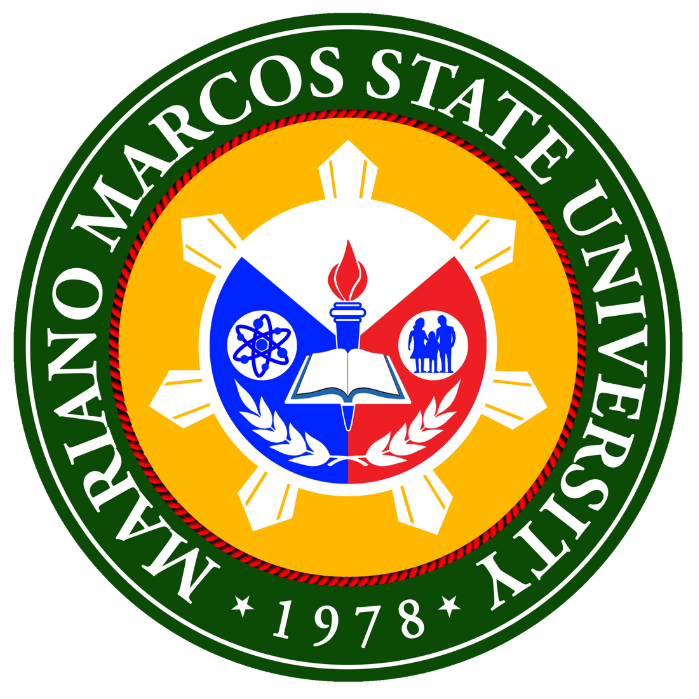Vermicast facility established in Pasuquin as MMSU, Jollibee Group aid onion farmers
By Joycel Lagrio, STRATCOM Correspondent
To help improve soil quality and reduce dependence on expensive inorganic fertilizers, two white onion farmers from Pasuquin, Ilocos Norte, have initiated the establishment of a vermicomposting facility that converts organic waste into nutrient-rich compost.
This initiative is part of the Agri-Tech Facilitator (ATF) Program under the Farmers Entrepreneurship Program, a collaborative effort between the Mariano Marcos State University (MMSU) and the Jollibee Group Foundation (JGF). Among the beneficiaries of the project are Mr. Marcos Palacay and Mr. Markflor Valdez, farmer-leaders of the Ayat ti Pasuquin Farmer and Irrigators Association.
The facility serves as a pilot site for vermicomposting, which uses African night crawlers (Eudrilus eugeniae) to decompose biodegradable farm waste into vermicast, a high-quality organic fertilizer known to enhance soil structure, stimulate microbial activity, and reduce the need for chemical inputs.
The project is designed not only to produce vermicast for white onion farming but also to revitalize local agricultural practices by promoting sustainable solutions to soil degradation.
“Despite using quality onion seeds, we continue to experience high mortality rates among our plants,” Palacay said in Filipino, citing a long-standing problem among onion growers in the area. He explained that prolonged reliance on chemical fertilizers had led to poor soil conditions, low seedling survival, and a noticeable drop in both crop quality and farmers' income.
In Pasuquin, white onion farmers have reported over 55% yield losses, with 35% of produce failing to meet market standards and half of the harvests sold at reduced prices. Recognizing the urgent need for sustainable farming inputs, Palacay and Valdez, through the ATF initiative, proposed vermicomposting as a viable solution.
With funding support from JGF and technical guidance from MMSU experts, the team is currently building a vermicomposting demonstration site, which includes vermi beds and a drip irrigation system. The facility is expected to be completed by mid-August 2025.
To support operations, the Department of Agriculture, through the Bureau of Soils and Water Management, also provided the association with a shredder to process organic materials more efficiently.
The project is expected to benefit not just the two lead farmers but also other members of the association and neighboring farming communities through training programs and demonstration sessions on vermicomposting techniques.
Palacay and Valdez have committed to sharing their knowledge and experience to scale the adoption of organic fertilizer use in the area. By November 2025, the facility is projected to supply enough vermicast to meet the organic fertilizer requirements for white onion production.
Among the goals of the MMSU and JGF project are: increase white onion production to 200 metric tons by 2026; raise the percentage of produce that meets Jollibee Foods Corporation’s quality standards to 90%; reduce fertilizer expenses by at least 15%; and boost farmers’ income by up to 200% within three years.
Written By:
STRATCOM
Other News
MMSU- CAFSD students off to Indonesia for agro-eco tilt
MMSU-ETEEAP undergoes recertification visit
MMSU students emerge champions in global education design tilt in China
MMSU to capacitate math teachers of Catholic schools
MMSU celebrates CHED Chair Agrupis' birthday with coconut planting activity

